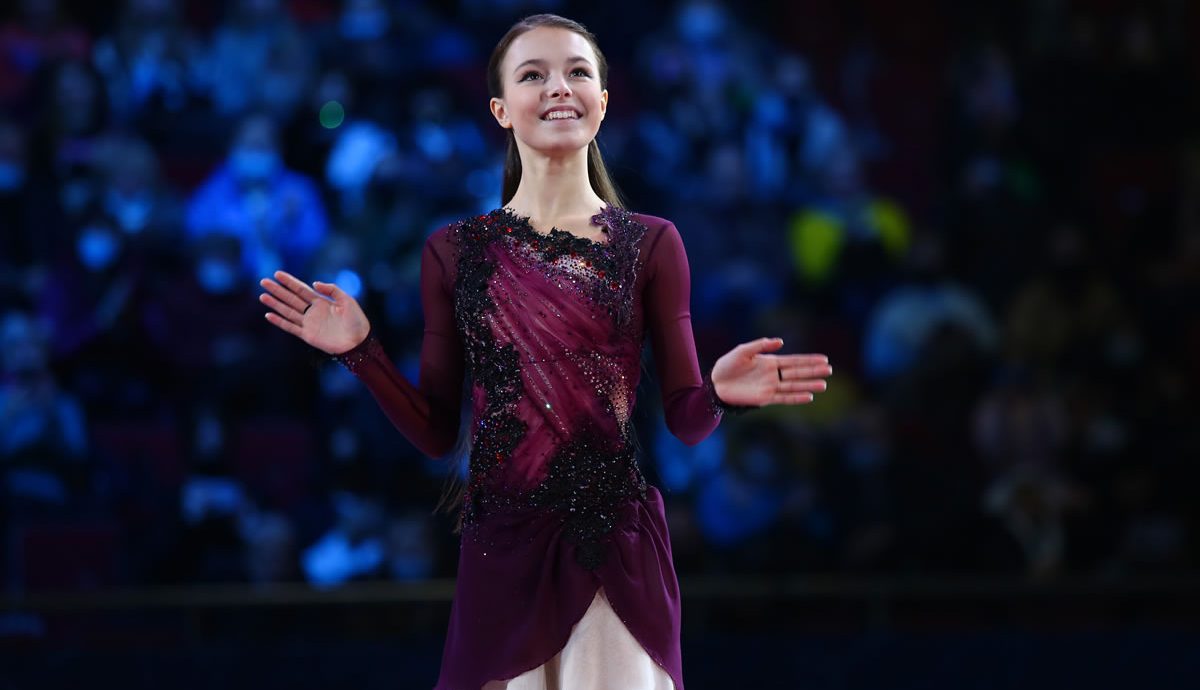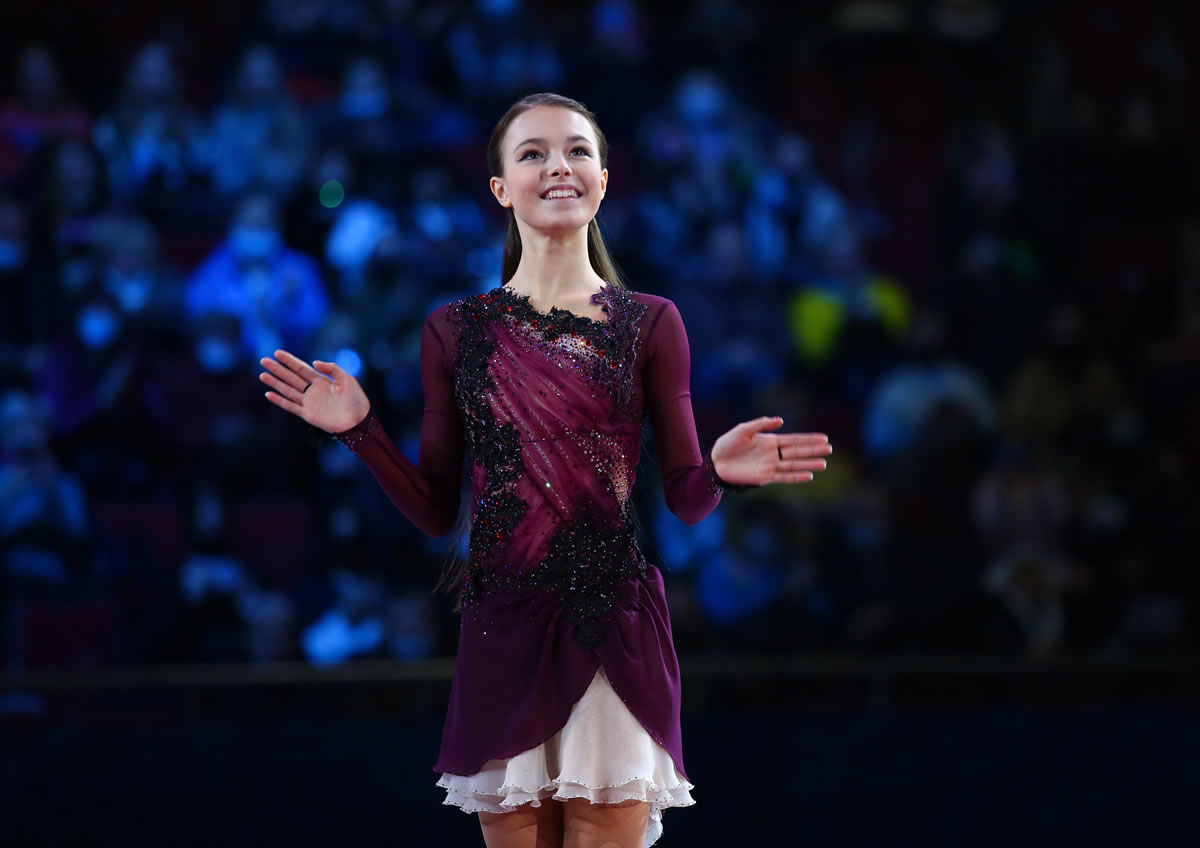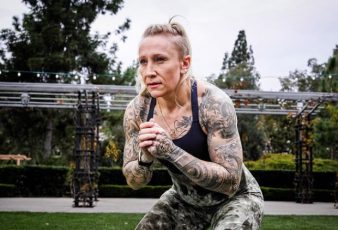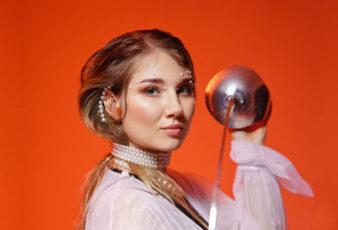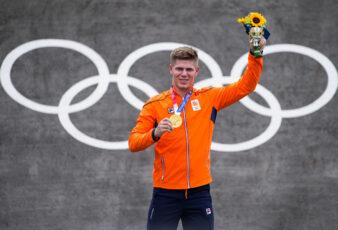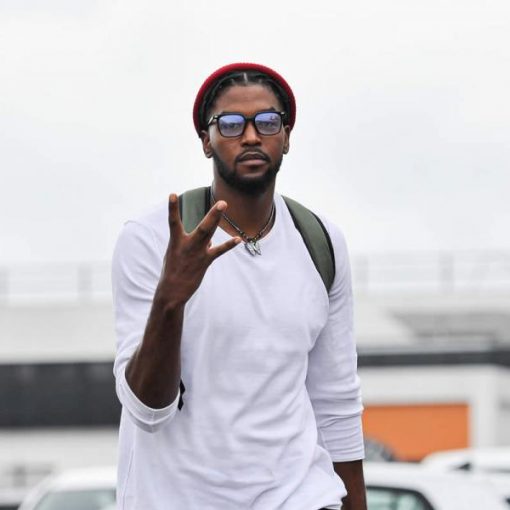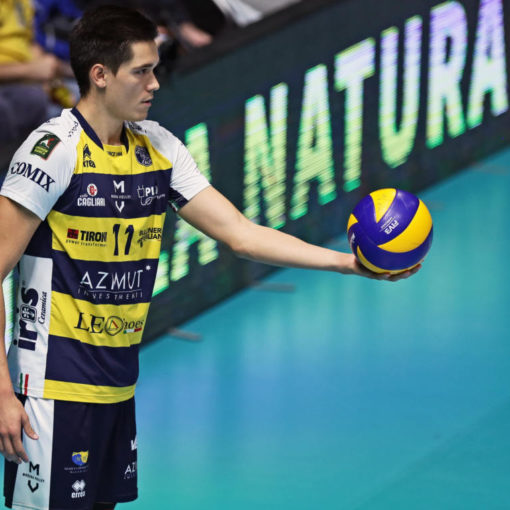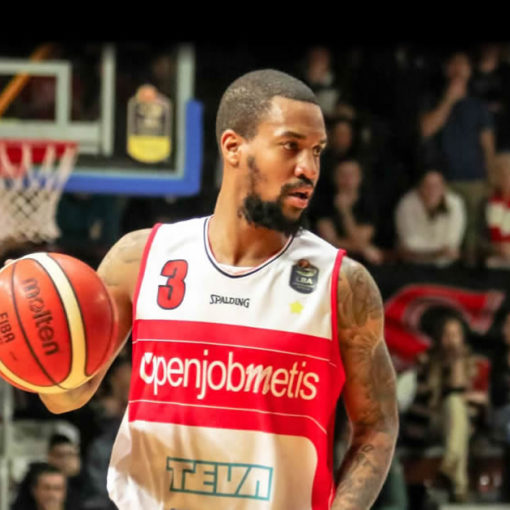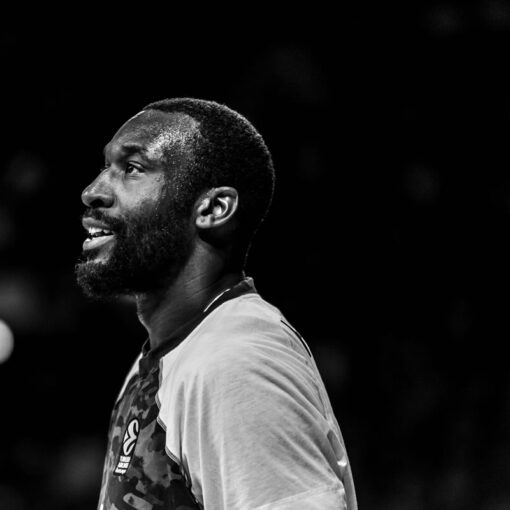My older sister Inna was the first to start figure skating.
She is about two years older than I am, so, of course, I was interested in everything she did. I would sometimes watch her training and really wanted to try it myself. Our mom didn’t expect us to take figure skating seriously, she just wanted us to enjoy some kind of sport as kids.
I started skating in the same group as my sister, all of the kids there were two or three years older than I was and had already been skating for a year or two. This ended up being a blessing in disguise as it challenged me to improve and learn quickly in an ongoing attempt to keep up with the older girls.
When I first stepped onto the ice rink, I really loved it.
That joy from the ice, the speed, the movement is still with me now. I always had a deep motivation to train and improve my skills and an interest in trying new things. Since childhood, my programs always felt like a small theatre performance.
I remember every move from my childhood programs, I remember how hard I tried, although weirdly I don’t remember how I prepared for the jumps.
I remember my childhood emotions, how I searched for the judge's eyes, pretty much tried to look straight into everyone's soul, to show my program, to show myself, and somehow it all remained playful.
That feeling has stayed with me in some sense.
That's why I love figure skating.
My first coaches used to praise me, but they always stressed that talent alone was not enough, it would take a lot of work, only then will talent be developed and lead to amazing results. Of course, there must be certain qualities, but without diligence, they will not be worth anything.
At the age of nine, I joined Eteri Tutberidze’s group.
It was more serious, and athletes who strive for results trained there.
I looked at them and saw just how much work there was to do. At that moment, Yulia Lipnitskaya was preparing for the Olympics.
I was mesmerised while watching her skate to the music from the film “Schindler's List”.
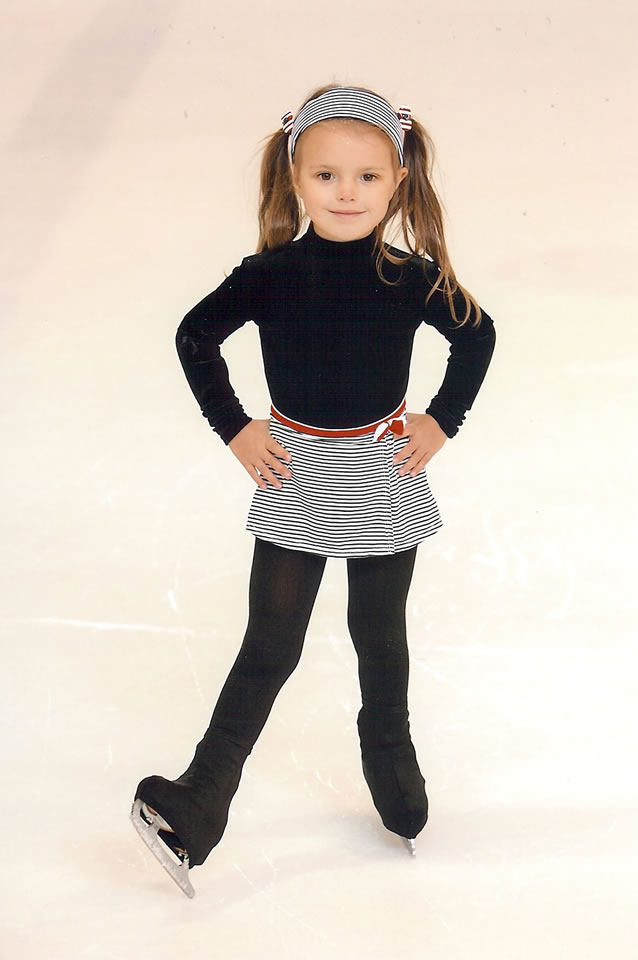
I started learning triple jumps and this made me understand that skating was no longer just a hobby in this group. I had established goals for training, I had to fulfill them, to achieve results, to strive for my goal.
However, as a child, I did not set myself the goal of becoming an Olympic champion. I strongly dislike it when young children say that they want to win the Olympics. Sometimes this genuinely comes from the child, but more often than not it comes from adults who are convinced that it is the main goal of any athlete.
A child listens and, say, at the age of three or four, sets the goal for themselves, without even understanding what needs to be done to achieve it.
What will it cost them?
What will be their path?
In my opinion, it is wrong.
Yes, there should always be goals.
A child may dream of winning the championship among their age, they may dream of mastering a new jump, like a double or a triple. But they still cannot understand what is hidden behind the dream of becoming an Olympic champion.
Goals must be realistic.
No one knows what will happen to them later, and how much pain and disappointment there will be from the fact that a childhood dream didn’t come true.
Inside every athlete there is a person, and the have to coexist.
I’m still working on finding that balance. Professional sports have occupied my whole life for many years, not only time wise, but also my thoughts. Although somewhat surprisingly I don't feel like I missed out on anything, I appreciate being able to discover what I want to do.
Not every person has the opportunity to realize their ambitions, potential, and find a craft in which they feel at ease by the age of 18. And not just to realize myself, but also to have the opportunity to show it to a huge audience that can follow my performances, successes and defeats, my sports journey.
From the outside, this may seem surprising, but for all the 15 years that I have been skating, I don’t remember a single moment of doubt when I seriously thought about whether I like figure skating enough, or why do I do it.
Of course, if something doesn’t work out, it’s hard to handle.
Everyone has bad training sessions, but it's important to figure out what needs to be done to correct the mistake, and not focus on your emotions.
I always think: “What can I do tomorrow so that this doesn’t happen again? What needs to be fixed? Where exactly were the mistakes?”
Not only have I had bad days, but entire periods when I could not go on the ice, sometimes due to injuries. The longest break was due to a broken leg when I was 13 years old. I missed my first international junior season.
I didn’t have to convince myself that I would go back to the ice rink, I just never once thought that skating would stay in the past. I even came to training, sat on the bench, watched everyone skate because I couldn’t just sit at home without ice. There was a great desire to fix everything faster in order to return to skating.
Because I had the willing to compete, a willing that is still with me and that I also brought at the last Olympics.
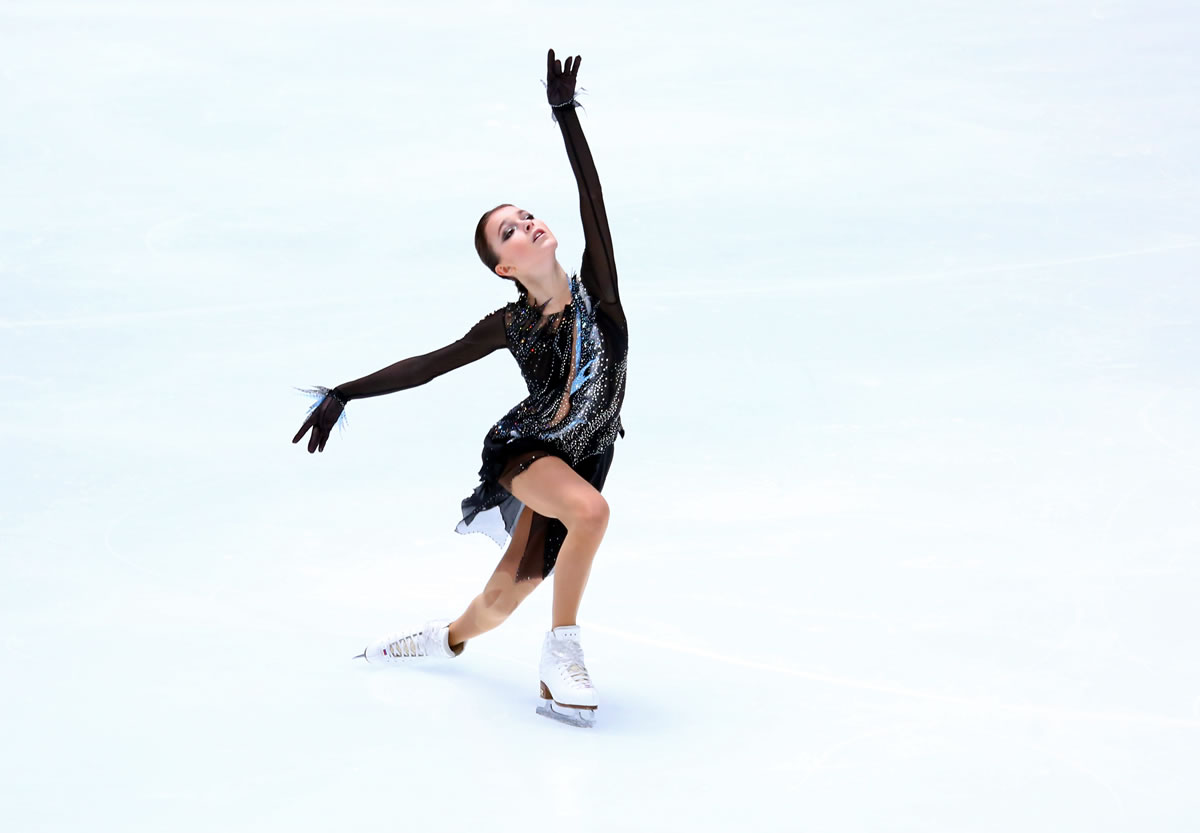
The most difficult part was waiting for the competition.
I arrived in Beijing about two weeks before the individual performances. That was quite a while because at the Olympic village the training sessions were very different from the usual training process. Just 30-40 minutes (instead of 3 hours on ice a day) is nowhere near enough to get in shape.
It’s not even enough to keep it up! I felt that I was gradually losing my form.
This is to be expected with such training, but, of course, I wanted to be fully equipped for the main competition of the four years. So in that sense, the wait was not easy. It was emotionally challenging as well since I'm used to coming to competitions only a couple days in advance and being filled by the atmosphere. Personally, it charges me up a great deal and helps me give my best in competitions. In Beijing I understood that I could waste this energy in the first days of being there, and that in the end it could all turn into a monotonous routine.
While training in Beijing, I even managed to skate with three quadruple jumps. I decided to skate with two at the competition, because I understood that at the time of the performance that would be my maximum. It was a layout that was already more difficult than in the previous competitions of the season.
I am ready to take risks, but only if they are justified.
So in fact, in competitions, I can often do even more than in training, but I need to know in my heart that I can do it. I am always very attentive to how jumps feel during training sessions. The number of attempts made is not as important as working with your head. Then I can go out in competitions more confident and show the maximum at the right time. And I am so glad that it was at the Olympic Games that I was able to show two clean programs and score my season’s best there, that I was able to do everything without mistakes. This is exactly what I was striving for, to show my best at the Olympic Games, at the main start of an athlete’s career. It was very important for me.
Immediately after the performance, I experienced indescribable emotions, among them joy, satisfaction, happiness. Those are the exact feelings that I skate for.
Not for the sake of any particular medal, but for those feelings you experience on the ice. Before the performance, you feel everyone looking at you, that all attention is focused on you, and at the moment you can show everything that you are capable of, everything you do best!
It's very exciting.
And when everything happens as planned: this feeling cannot be compared to anything.
A few days after the competition there was an absolute emptiness inside.
No thoughts, no emotions.
I realized that, probably for the first time in my life, I could spend a whole day without thinking about anything at all. Usually I constantly conduct some kind of an internal dialogue. And then for the first time, absolutely nothing.
Complete emptiness.
I didn't try to fix it, and I didn’t even try to convince myself that I should feel something. I didn't force myself to be happy or sad. I decided that it was better to just give myself time: if there are no thoughts in my head, that means that this is how it should be for now. And I think it was right, that’s exactly what I needed.
Because I will always be working to find the balance between the person and the athlete I am, and the ups and downs that come with both of them.
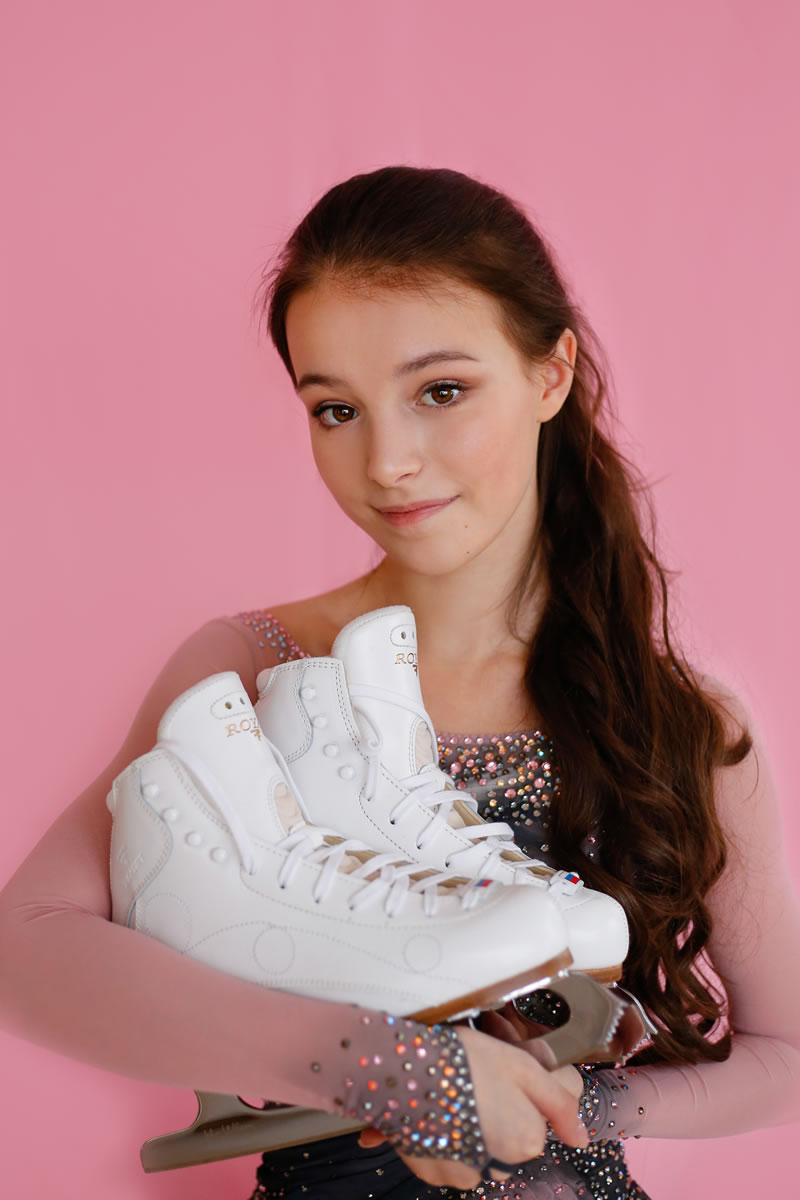
So sometimes, to feel happy, I just need to realize that today I don’t have any important things to do and I can just stay at home and enjoy some peace and quiet.
I love to travel, relax on the sea and try new things. Circus trapeze, tennis, basketball, badminton: I like different activities. Last year I went skydiving for the first time!
Most of all, I love spending time with my pets. Interacting with them makes me incredibly happy. I have a cat named Mafia who we picked up on the street as a kitten and a dog named Sandy who was taken from a shelter when he was about 5 months old.
Then I go on the ice and the meaning of happiness suddenly changes.
Happiness for an athlete is when you manage to show what you have envisioned, the work that you have put in. I feel a responsibility towards the audience.
I want to show them a good program.
It’s a dance between parts of me, that are still developing together, getting to know each other. A dance that started many years ago, following the steps of my big sister.
Anna Shcherbakova / Contributor


